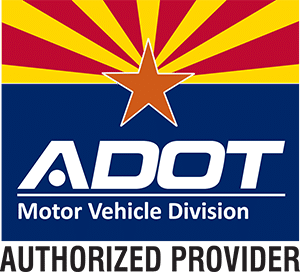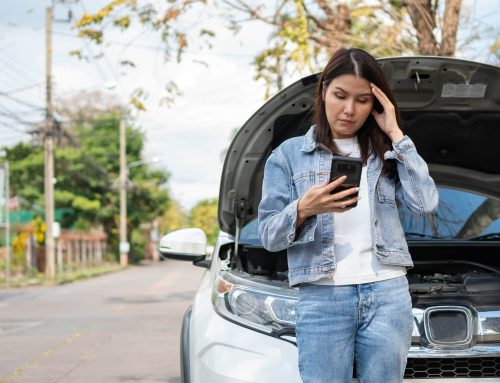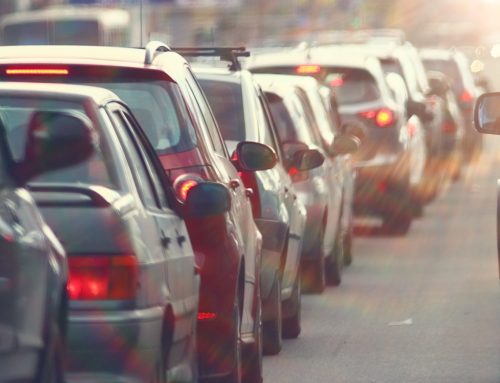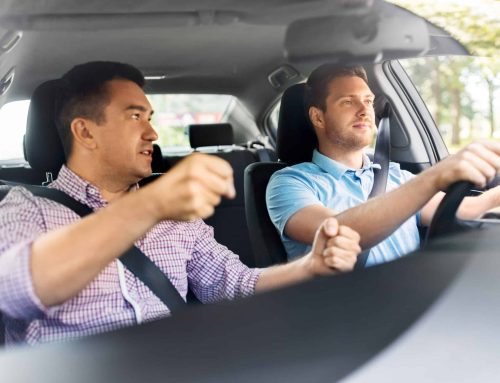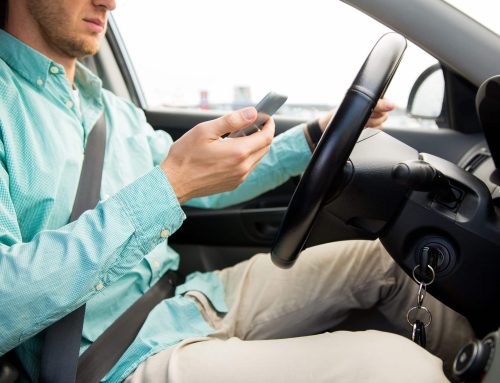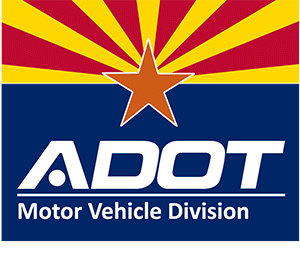The Dangers of Drowsy Driving
You’ve heard all about the dangers of driving under the influence, but you may not have thought twice about getting behind the wheel when you’re tired. However, drowsy driving can be every bit as dangerous.
The National Highway Traffic Safety Administration estimates that there were 91,000 police-reported drowsy driving crashes in 2017, and 800 of those were fatal crashes.
With our busy lifestyles full of work, family, and other responsibilities, it can be hard to get all the healthy sleep we need. Add in the demands of holiday time and the shorter winter days, and that fatigue can really get compounded. But driving while sleep deprived is a risk no driver should take, and experts say it’s best to avoid driving if you are fatigued.
That’s because lack of sleep makes you less alert, and slows your reaction time, coordination, decision making, and judgment — all abilities that are needed for safe driving. Studies have found that lack of sleep impairs your driving ability as much as alcohol.
Here’s how you can prevent drowsy driving
Get enough sleep
Yes, it’s easier said than done, especially if you have small children, health conditions, or when the demands of work get in the way. But experts still recommend making seven to eight hours of sleep a priority, whether before your daily commute or a long road trip.
Don’t drink before driving
This should be common sense, but unfortunately, too many people still get behind the wheel after they’ve been drinking. And drowsiness increases the effect of even small amounts of alcohol in your system.
Avoid driving during peak drowsy times
Most drowsy driving crashes occur during the times when, according to our bodies’ circadian rhythms, we should be asleep or our brain energy levels dip. These include between midnight and 6 a.m. and in the late afternoon. If at all possible, don’t drive during your natural sleepy times.
Talk to your doctor about your sleep
Sleep disorders are very real, and drivers who have untreated disorders (such as sleep apnea) are more likely to drive drowsy. If you’re on medication or take supplements for any condition (not just sleep-related ones), make sure to check the labels to see if they cause drowsiness.
Talk to your teens
Teens actually need much more sleep than they’re able to get, increasing their vulnerability to drowsy driving crashes. If you have teens, make sure they are aware of the dangers of driving when fatigued, and urge them to get enough sleep when possible.
Pull over if you must
You can munch on snacks, drink coffee, turn up the music, and so on, but these interventions only increase alertness for a short time and don’t actually solve the problem. Keep yourself and others safe by pulling off the road if you need to. Even a short 20-minute snooze (in a safe location, of course) can do wonders. It’s better to be late than cause a crash.
Would you like more expert driving help? Our instructors are ready to teach you all you need to stay safe on the roads this holiday season and always. Learn more about Stop and Go Driving School.

